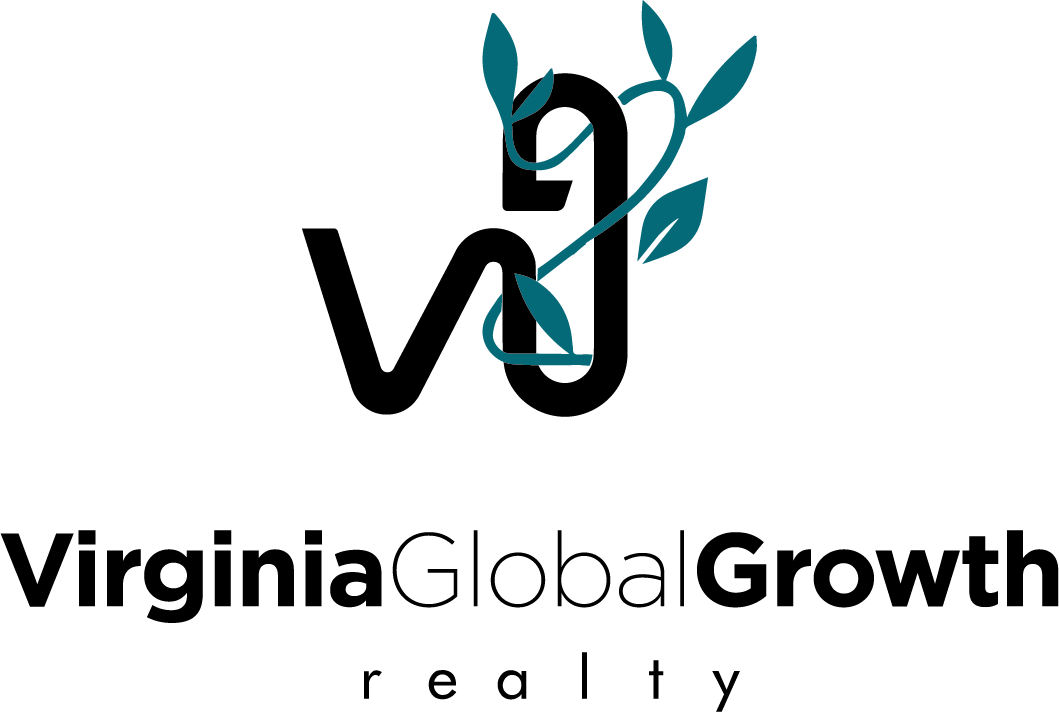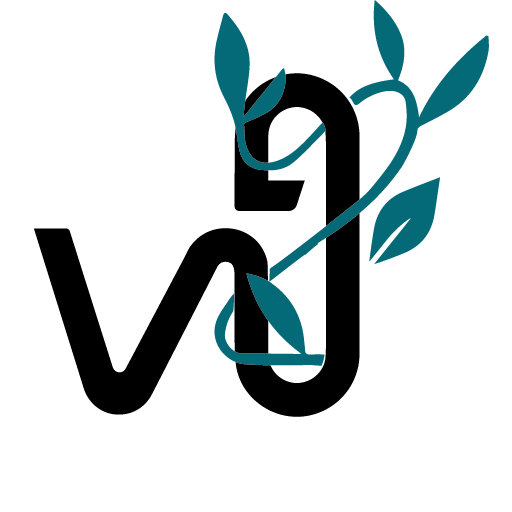The Dominican Republic is a country that attracts many foreigners for its beautiful beaches, warm
climate, and low tax rate. If you are interested in buying a house in this tropical paradise, it is possible
to do so as a foreigner. Below we present everything you need to know about buying a house in the
Dominican Republic if you are a foreigner.
Requirements for buying a house in the Dominican Republic
For foreigners who wish to buy a house in the Dominican Republic, there are no special requirements
apart from the need to have a valid passport and a tax identification number (RNC). In some cases, a
temporary or permanent residence permit may also be required. It is important to note that the
process of buying a house is easier if you have the help of a local lawyer. A lawyer can take care of all
legal procedures and ensure that the process is transparent and trouble-free.
How to finance a house in the Dominican Republic
Foreigners who wish to buy a house in the Dominican Republic have several financing options
available. Local banks offer mortgages at competitive rates for foreigners who wish to buy a house in
the country. Requirements vary by bank, but generally, a good credit history and a down payment of
20% or more are required.
It is also possible to obtain financing through international banks operating in the Dominican Republic.
However, requirements may be stricter and interest rates may be higher than local banks.
Costs associated with buying a house in the Dominican Republic
In addition to the cost of the property itself, there are several additional costs associated with buying a
house in the Dominican Republic. These include:
• Transfer taxes: transfer taxes are 3% of the property value.
• Notary fees: notary fees vary depending on the lawyer hired to conduct the transaction. In general,
these fees are estimated to be around 1% of the property value.
• Lawyer fees: it is recommended that foreigners hire a local lawyer to represent them in the buying
process. Fees may vary, but generally range between 1% and 2% of the property value.
• Registration costs: registration costs vary depending on the property value and location.
It is possible to buy a house in the Dominican Republic if you are a foreigner. While there are some
specific requirements that must be met, the process is quite simple and there are several financing
options available. It is important to have the help of a local lawyer to ensure that the transaction is
transparent and trouble-free. Before making any decisions, be sure to do thorough research and
consult a professional for advice.



